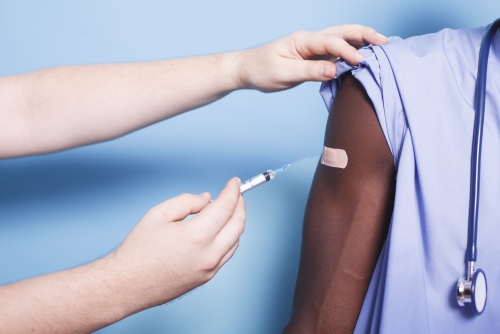GCC Investment Funds to Invest $100 Billion in Health-related Companies in 2025
A report from Bloomberg indicates a growing interest among Gulf investment funds, including those from Bahrain, in financing global healthcare initiatives. This trend comes as traditional donors from European countries face challenges in sustaining their support for the sector.
According to the report, at least five Gulf funds are planning to invest nearly $100 billion in health-related companies and initiatives by the end of next year. These investments will support vital efforts, such as childhood vaccination programmes and research into treatments for diseases that affect millions annually.
The report highlights the difficulties traditional donors, such as Germany, the UK, and France, are encountering due to economic and climate crises, which have led to reduced spending on health initiatives.
For instance, the Global Alliance for Vaccines and Immunisation (GAVI), which helps provide vaccines for diseases like cholera and measles in poorer nations, has raised only about $9 billion of its required funding, representing just one-third of its needs.
Gulf countries, including Bahrain, have pledged $267 million to GAVI initiatives, reflecting their increasing role in financing international humanitarian and health projects. While still considered small donors compared to Western nations, the GCC states are becoming crucial players in filling funding gaps left by decreasing Western support, according to the report.
Bloomberg quoted Sania Nishtar, CEO of GAVI, who stated that "the financial constraints faced by traditional donors pose significant challenges." She noted that the Group of Seven (G7) nations may have conflicting priorities regarding which health sectors should receive funding. Nishtar emphasised that GAVI is currently seeking to expand its base of supporters to include Gulf nations such as Bahrain, Saudi Arabia, the UAE, Kuwait and Qatar.
As these GCC investment funds ramp up their commitments to global health initiatives, their contributions are expected to play an essential role in addressing public health challenges worldwide.
Gulf countries, including Bahrain, have pledged $267 million to GAVI initiatives, reflecting their increasing role in financing international humanitarian and health projects. While still considered small donors compared to Western nations, the GCC states are becoming crucial players in filling funding gaps left by decreasing Western support, according to the report.
Bloomberg quoted Sania Nishtar, CEO of GAVI, who stated that "the financial constraints faced by traditional donors pose significant challenges." She noted that the Group of Seven (G7) nations may have conflicting priorities regarding which health sectors should receive funding. Nishtar emphasised that GAVI is currently seeking to expand its base of supporters to include Gulf nations such as Bahrain, Saudi Arabia, the UAE, Kuwait and Qatar.
As these GCC investment funds ramp up their commitments to global health initiatives, their contributions are expected to play an essential role in addressing public health challenges worldwide.
Related Posts

